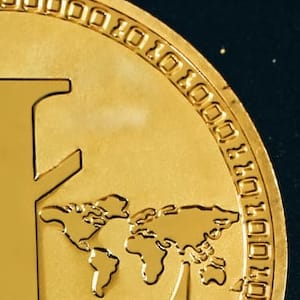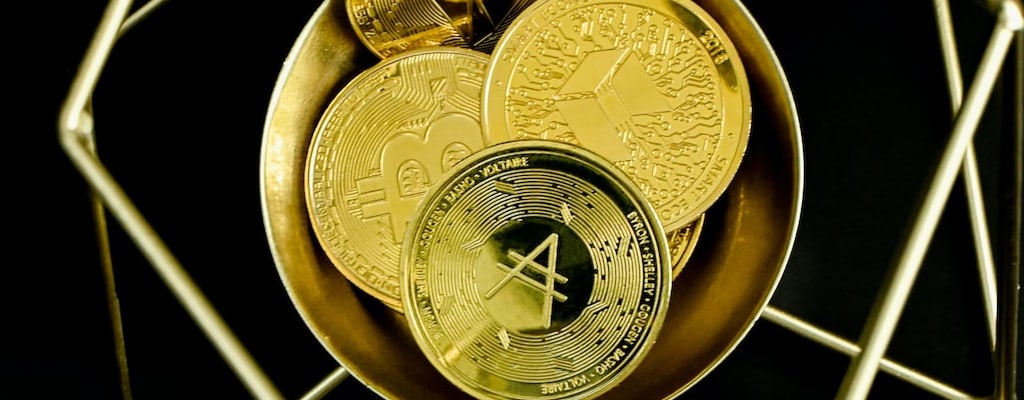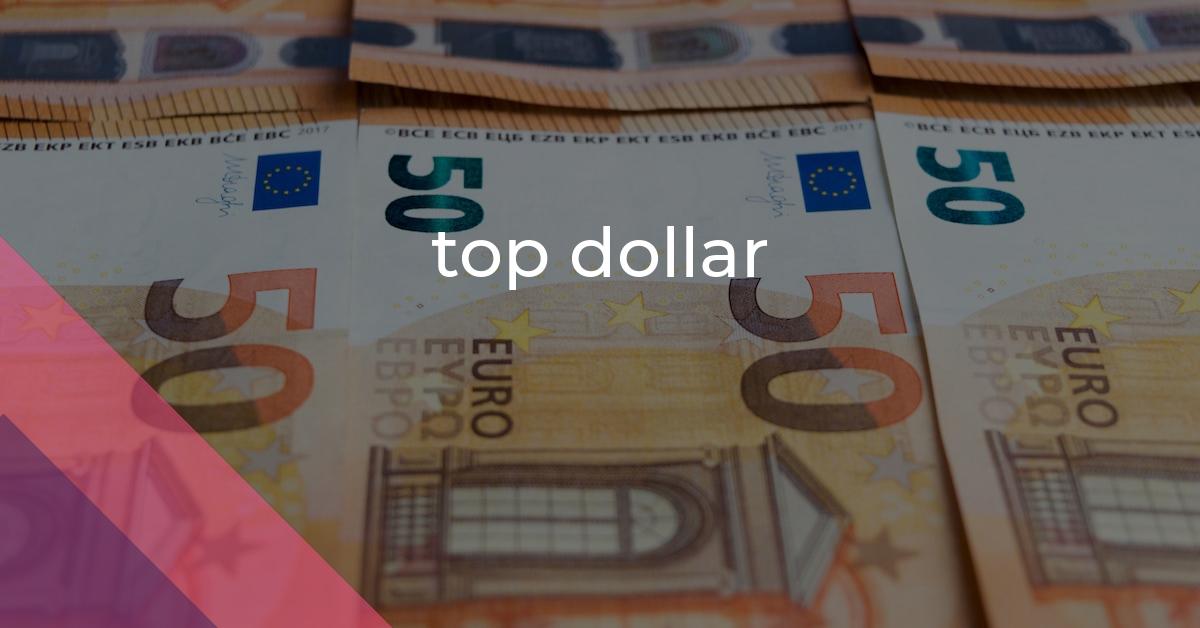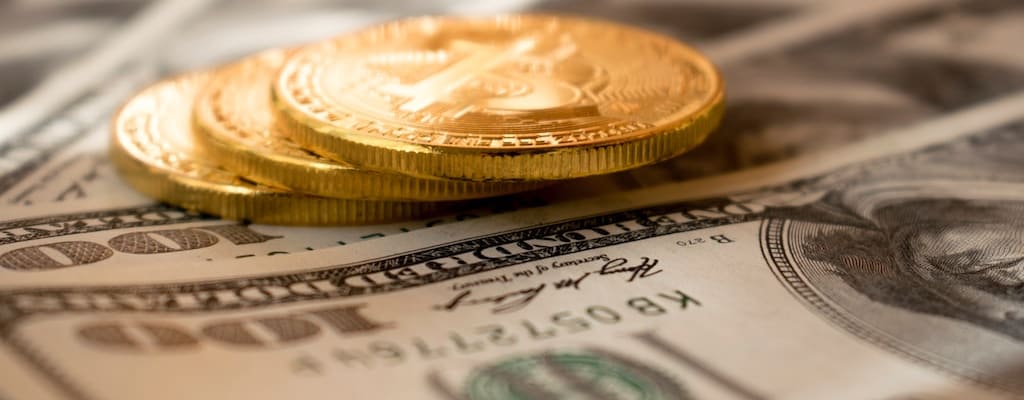top dollar: Idiom Meaning and Origin
What does ‘top dollar’ mean?
The idiom "top dollar" means to pay the highest possible price for something. It is often used to describe an expensive purchase or a salary at the highest end of the pay scale.

Idiom Explorer
The idiom "upper-crust" refers to the highest social class or the wealthiest and most privileged people in society. It implies a sense of elitism and prestige.
The idiom "upper crust" refers to the highest social class or the most privileged group within a society.
An idiom that means someone is very poor and has no money.
The idiom "tuppence worth" means expressing one's opinion or viewpoint, typically when it is not considered particularly valuable or important.
The idiom "to the nth degree" means to the utmost or highest possible extent or degree. It emphasizes the extreme or maximum level of something, often used to describe an action or behavior carried out to the fullest extent.
The idiom "to the max" means to the highest or fullest extent. It is used to emphasize and amplify the intensity, degree, or level of something.
The idiom "top up" means to add or fill something up to its maximum level or capacity.
The idiom "top oneself" means to commit suicide. It is a colloquial expression and should be used with caution due to its sensitive nature.
The idiom "top of the line" means something that is of the highest quality or the best in its category.
An Exorbitant Price
The idiomatic phrase "top dollar" is commonly used in American English to describe a high price or payment for something. This phrase originated in the United States and has been in use since at least the mid-20th century.'
The word "top" in this idiom functions as an adjective and is used to signify the highest or best level of something. When combined with the noun "dollar," it creates a figurative expression that conveys the idea of paying the maximum amount or receiving the highest value for a particular item or service.
Although the exact origin of the phrase is unclear, it is likely derived from the notion of placing something at the highest point, both literally and metaphorically. In this case, the term "dollar" represents currency or monetary value, and by adding the word "top" to it, the phrase emphasizes the idea of paying or receiving the utmost amount of money.
Over time, "top dollar" has become a popular idiom used in various contexts, such as auctions, real estate, negotiations, and even in everyday conversations. It is often employed when someone wants to emphasize the amount they are willing to pay or what they expect in return for their money.
The usage of "top dollar" has permeated numerous aspects of American culture, including literature, movies, and advertising. It has become a widely recognized phrase that communicates the concept of the highest level of compensation or value.
One related idiom that is often used synonymously with "top dollar" is "top of the line." This expression refers to something that is of the highest quality or standard. Just as "top dollar" signifies the highest amount of money, "top of the line" indicates the best or most superior option available.
For example, if someone is selling a car and describes it as "top of the line," they are emphasizing that it is of the highest quality and comes with all the latest features and technology. In this context, "top of the line" is used as a selling point to attract buyers who are willing to pay a premium price for the best product on the market.
Another related idiom associated with "top dollar" is "big bucks." This phrase is used to describe a large amount of money or a significant financial investment. While "top dollar" conveys the idea of paying or receiving the highest price, "big bucks" emphasizes the magnitude of the monetary value involved.
When someone says that they are willing to spend "big bucks" on something, they are indicating that they are prepared to make a substantial financial commitment. Similarly, if someone mentions that they made "big bucks" from a particular business venture, they are highlighting the significant amount of money they earned from it.
"pretty penny" is yet another idiom that is associated with the concept of "top dollar." This expression is used to describe something that is expensive or costs a lot of money. While "top dollar" conveys the idea of paying the maximum amount, "pretty penny" adds a touch of emphasis and implies that the price is quite substantial.
For example, if someone mentions that they purchased a new designer handbag and it cost them a "pretty penny," they are indicating that it was quite expensive and they paid a significant amount for it. In this context, "pretty penny" emphasizes the high price and suggests that it was a considerable investment.
"top notch" is another idiom that can be used interchangeably with "top dollar." This expression is used to describe something that is of the highest quality or excellence. While "top dollar" focuses on the monetary value or price, "top notch" emphasizes the exceptional standard or level of something.
For instance, if someone describes a restaurant as "top notch," they are highlighting that it offers exceptional service, delicious food, and a fantastic dining experience. In this context, "top notch" is used to convey that the restaurant is one of the best and most highly regarded in its category.
Similarly, "top drawer" is an idiom that can be associated with "top dollar." This expression is used to describe something or someone in the highest rank or category. While "top dollar" emphasizes the monetary value or price, "top drawer" focuses on the superior status or position.
For example, if someone describes a job opportunity as "top drawer," they are indicating that it is a prestigious and highly desirable position. In this context, "top drawer" implies that the job offers excellent compensation and benefits, as well as a high level of respect and recognition.
The idiomatic phrase "top dollar" has become deeply ingrained in American culture and language. It is used to denote a high price or payment for something, emphasizing the idea of paying or receiving the utmost amount of money. Alongside related idioms such as "top of the line," "big bucks," "pretty penny," "top notch," and "top drawer," it communicates various nuances and facets of the concept of value, quality, and excellence. Understanding and using these idioms can greatly enhance one's command of the English language and enable more effective communication in both informal and colloquial settings.
Example usage
Examples of how the idiom *top dollar* can be used in a sentence:
- He sold his vintage car for top dollar.
- She hired the best lawyer in town and paid top dollar for their services.
- The company was willing to pay top dollar for a highly skilled employee.
More "Finance" idioms



